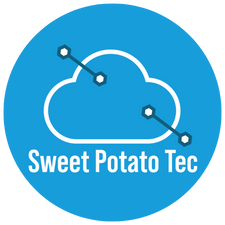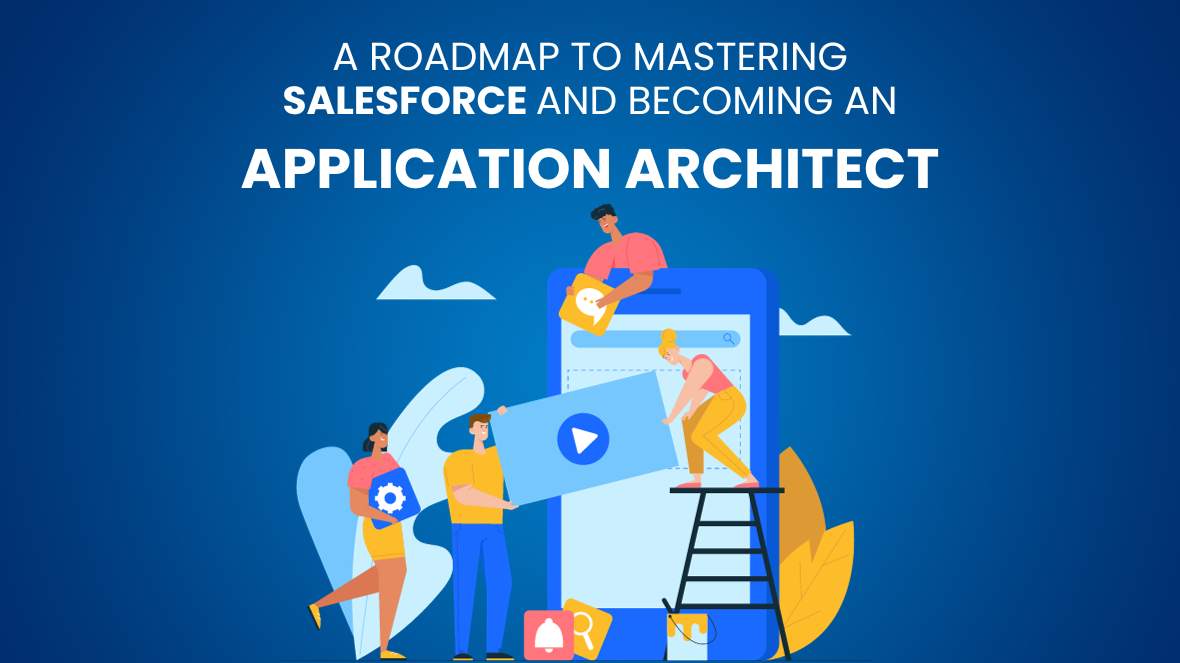In the Salesforce technology realm, I began my journey as an administrator, achieving my admin certification after two years. Subsequently, I obtained the Platform App Builder certification. With the aspiration to evolve into a Salesforce architect, I’ve chosen the path of an Application Architect.
To fulfil the requirements for this role, I’ve outlined a certification roadmap:
Platform App Builder ✔️
Platform Developer
Sharing and Visibility Architect ✔️
Data Architect
Having successfully completed the Platform App Builder and Sharing and Visibility Architect certifications, my current focus is on attaining the Data Architect certification.
This strategic progression aligns with my goal of becoming a proficient Salesforce Application Architect.
1. Gain Salesforce Administrator and Developer Experience:
Acquire hands-on experience as a Salesforce Administrator and Developer. Understand the Salesforce platform, configuration, customization, and declarative development using tools like Process Builder and Flow.
2. Earn Salesforce Certifications:
Salesforce certifications are crucial for showcasing your skills and expertise. Start with fundamental certifications and progress to advanced ones. Relevant certifications for an Application Architect include:
Salesforce Certified Administrator
Salesforce Certified Platform Developer I and II
Salesforce Certified Application Architect
3. Deepen Your Technical Knowledge:
Develop a deep understanding of Salesforce architecture patterns, data modeling, security, and integration mechanisms. Gain proficiency in Apex, Lightning Components, and other Salesforce technologies.
4. Gain Experience in Large Implementations:
Work on projects involving large-scale Salesforce implementations. This experience will expose you to complex business requirements, integration challenges, and the need for scalable solutions.
5. Explore Specialized Certifications:
Pursue specialized certifications that align with your career goals, such as:
Salesforce Certified Data Architecture and Management Designer
Salesforce Certified Integration Architecture Designer
Salesforce Certified System Architect
6. Master Integration and Security:
Develop expertise in integrating Salesforce with external systems using various patterns (REST, SOAP, etc.). Understand security considerations and implement best practices for data security and access control.
7. Understand Business Processes:
Application Architects need to align technical solutions with business goals. Understand different industries, business processes, and how Salesforce can be tailored to meet specific business needs.
8. Improve Soft Skills:
Develop strong communication and leadership skills. Application Architects often need to convey technical concepts to non-technical stakeholders and collaborate effectively with cross-functional teams.
9. Get Involved in the Salesforce Community:
Join Salesforce community groups, forums, and attend events. Networking with other professionals in the Salesforce ecosystem can provide valuable insights, guidance, and potential career opportunities.
10. Apply for Leadership Roles:
Seek roles that involve leadership and architectural responsibilities. This could include positions like Technical Lead, Solution Architect, or similar roles where you can demonstrate your ability to design and implement complex solutions.
11. Pursue Advanced Certifications:
Work towards advanced certifications such as the Salesforce Certified Technical Architect (CTA). Achieving CTA is the pinnacle of Salesforce certifications and demonstrates the highest level of expertise.
12. Build a Portfolio:
Showcase your expertise through a portfolio that includes details of projects you’ve worked on, problems you’ve solved, and the impact of your contributions.
13. Continuous Learning:
The technology landscape evolves rapidly. Stay updated on new Salesforce releases, features, and industry best practices. Attend webinars, conferences, and participate in ongoing training.
14. Seek Mentorship:
Connect with experienced Salesforce architects and seek mentorship. Learning from those who have already navigated similar career paths can provide valuable insights.
Becoming a Salesforce Application Architect is a dynamic process that involves a combination of technical skills, certifications, soft skills, and real-world experience. Stay committed to continuous learning, adapt to industry changes, and demonstrate your ability to architect solutions that align with business objectives.


